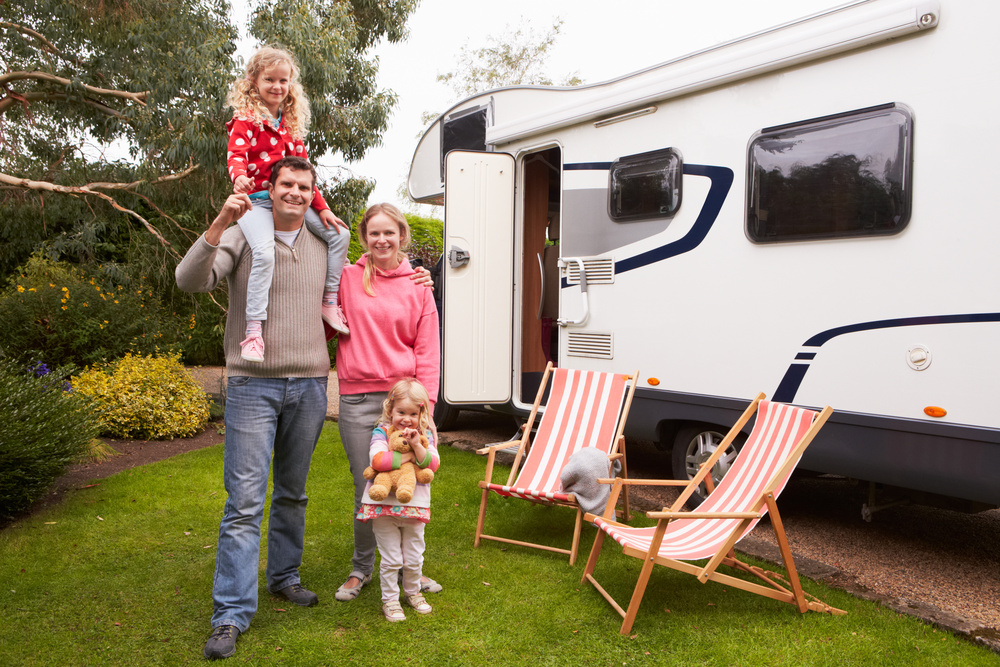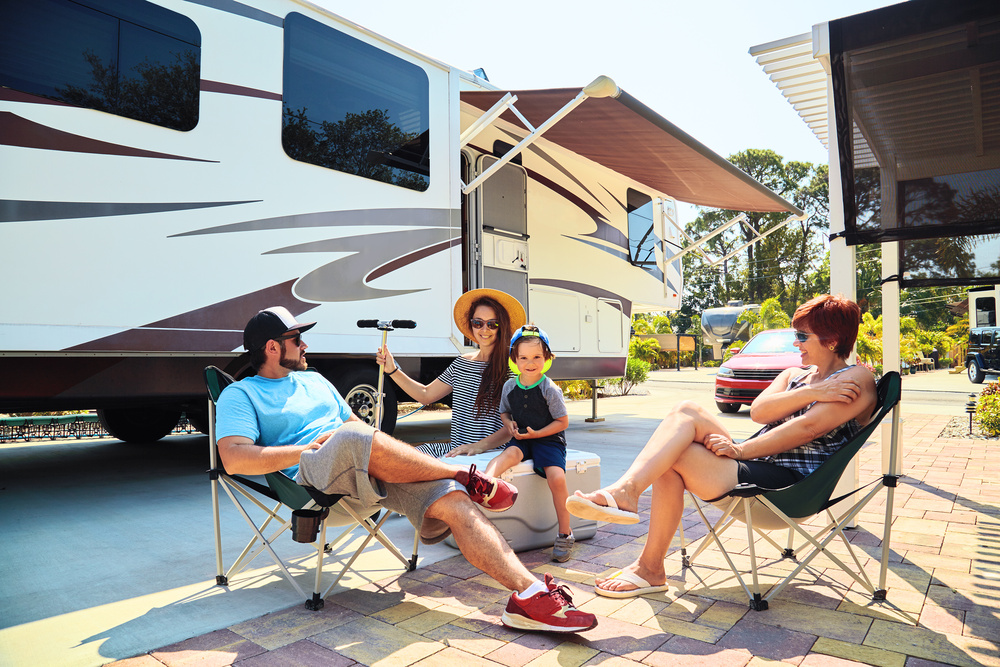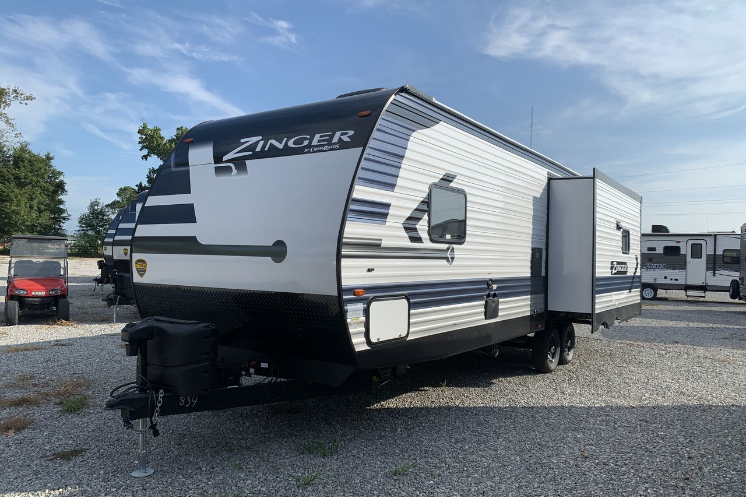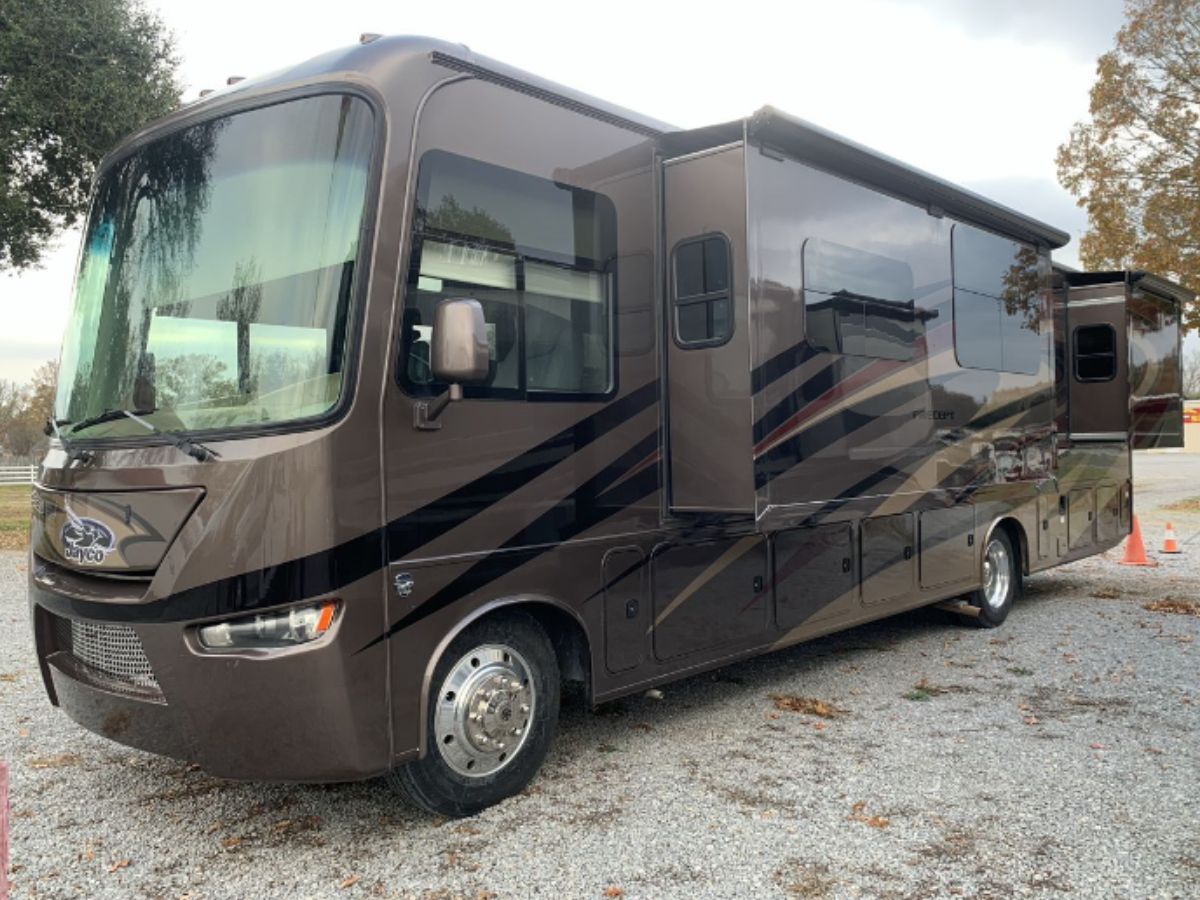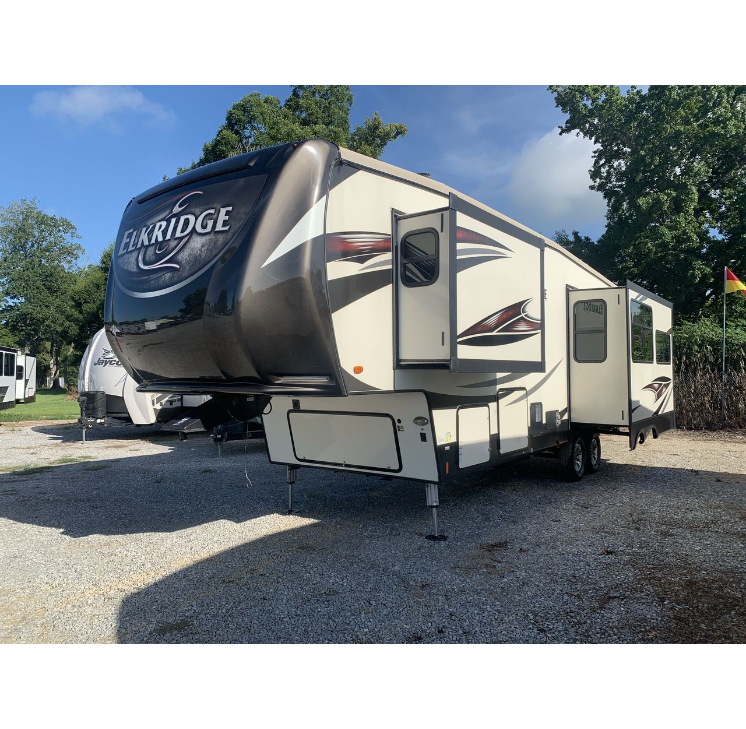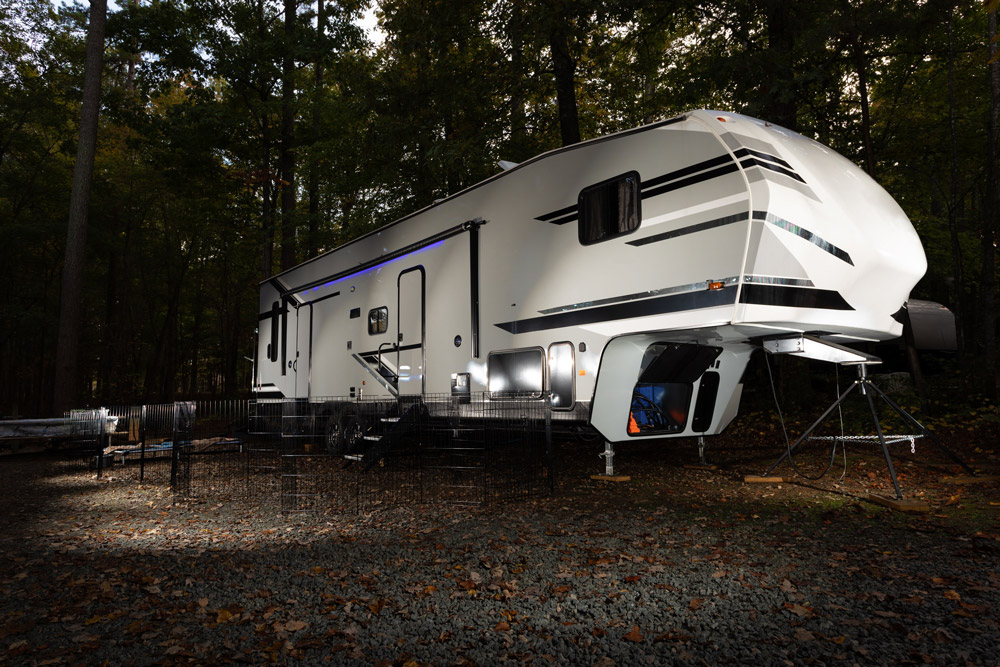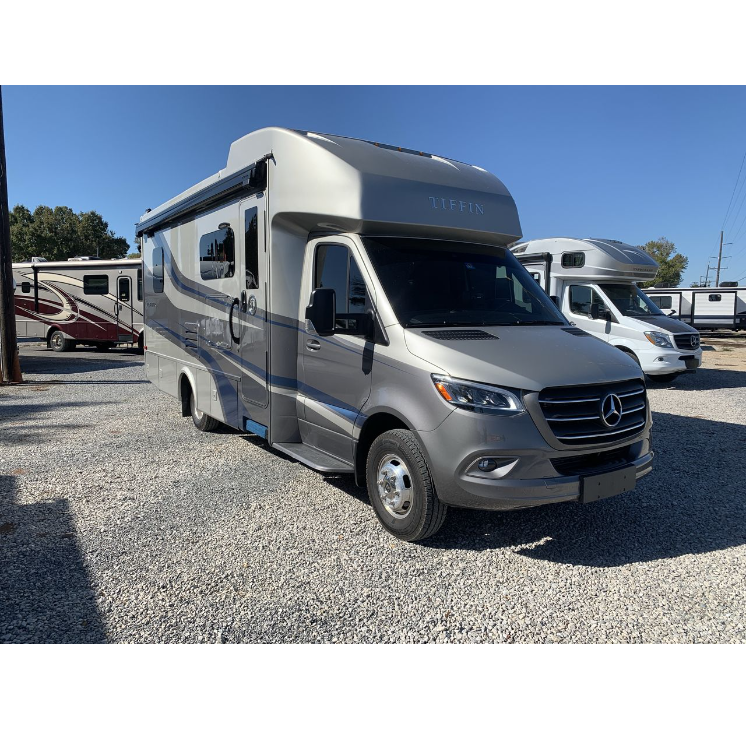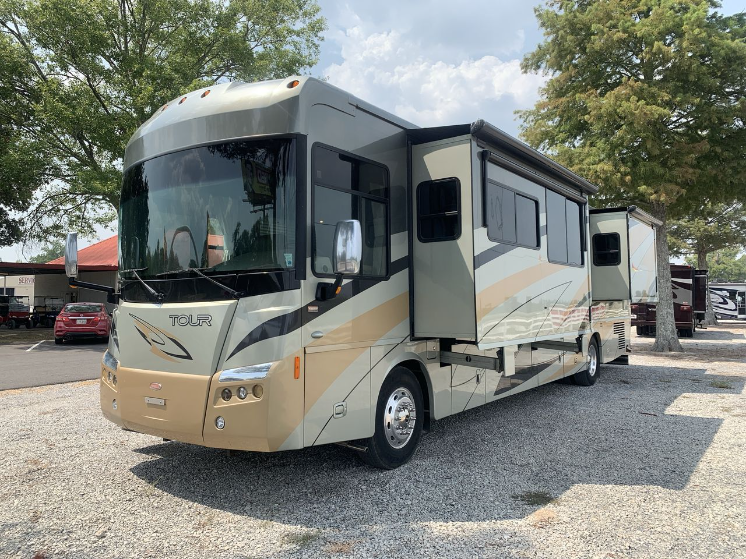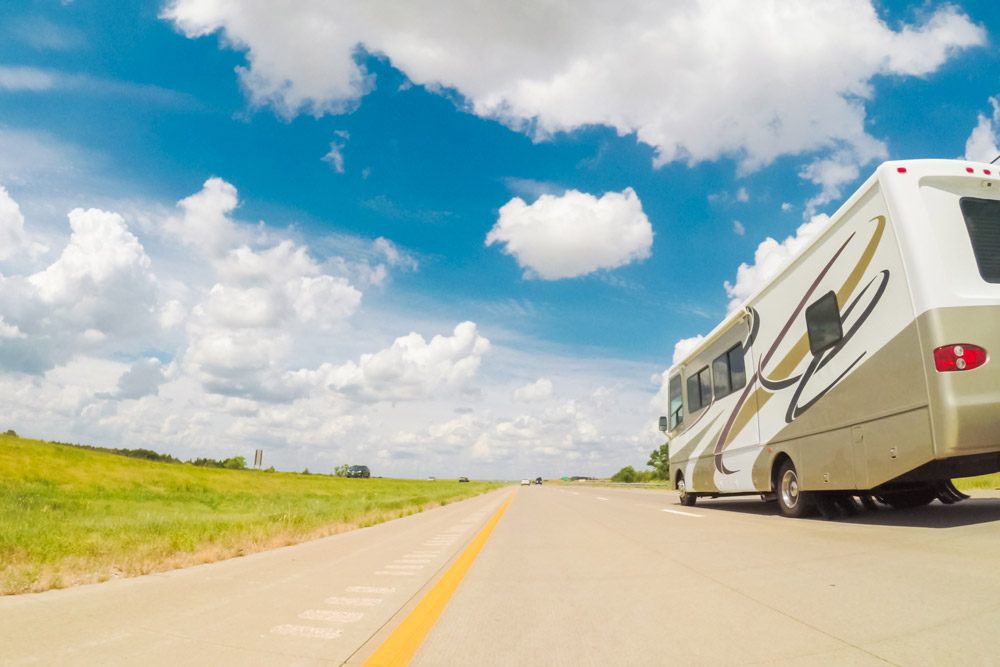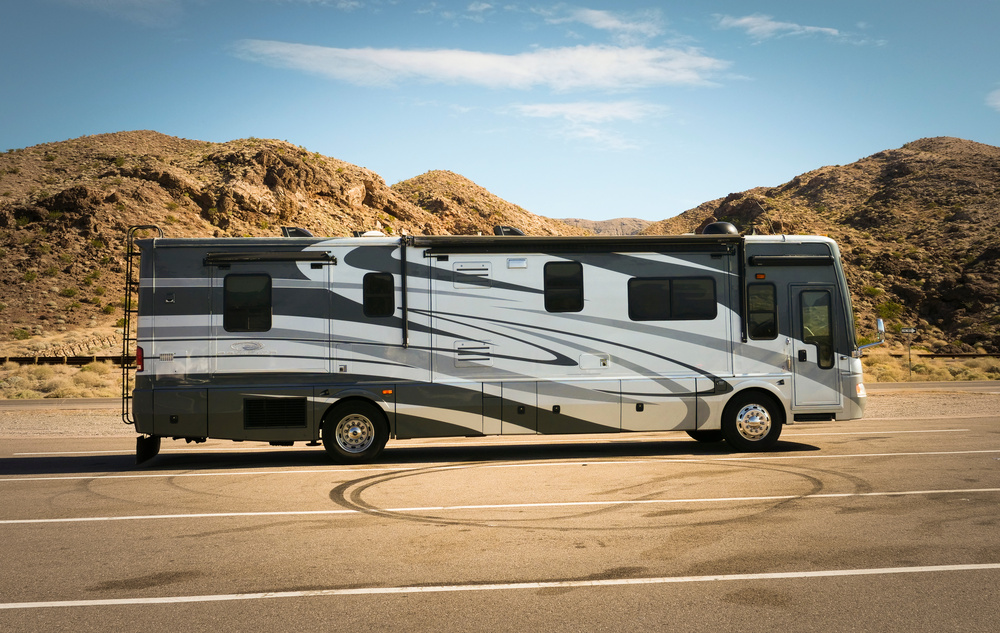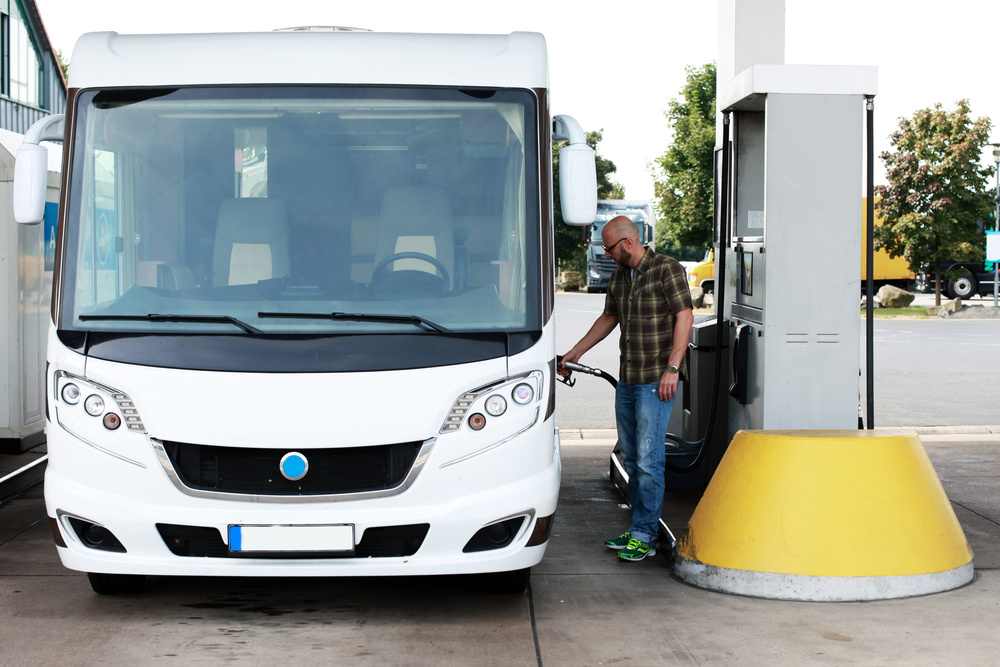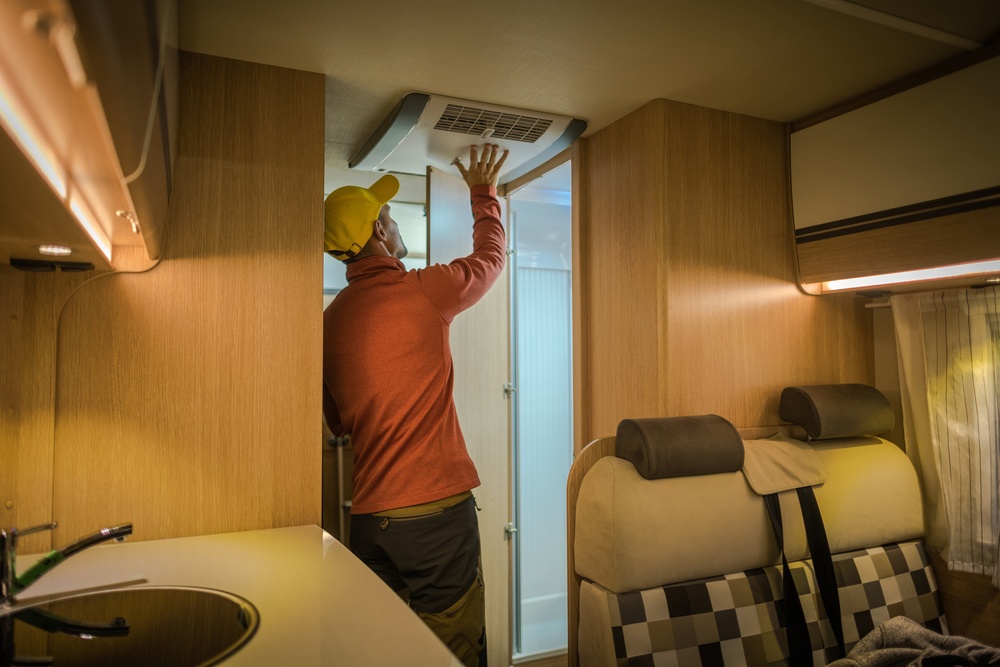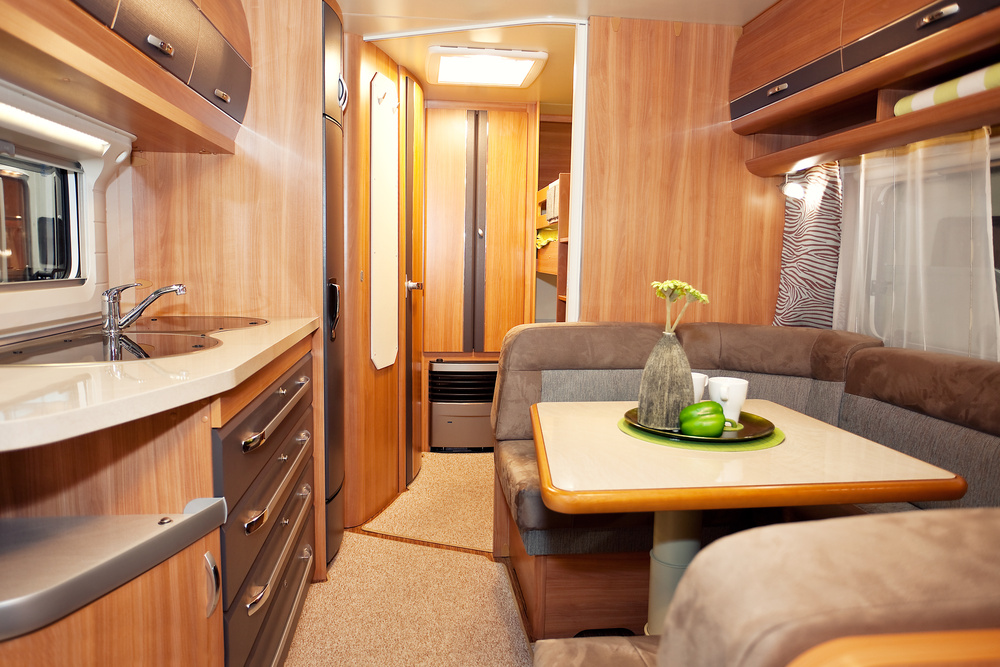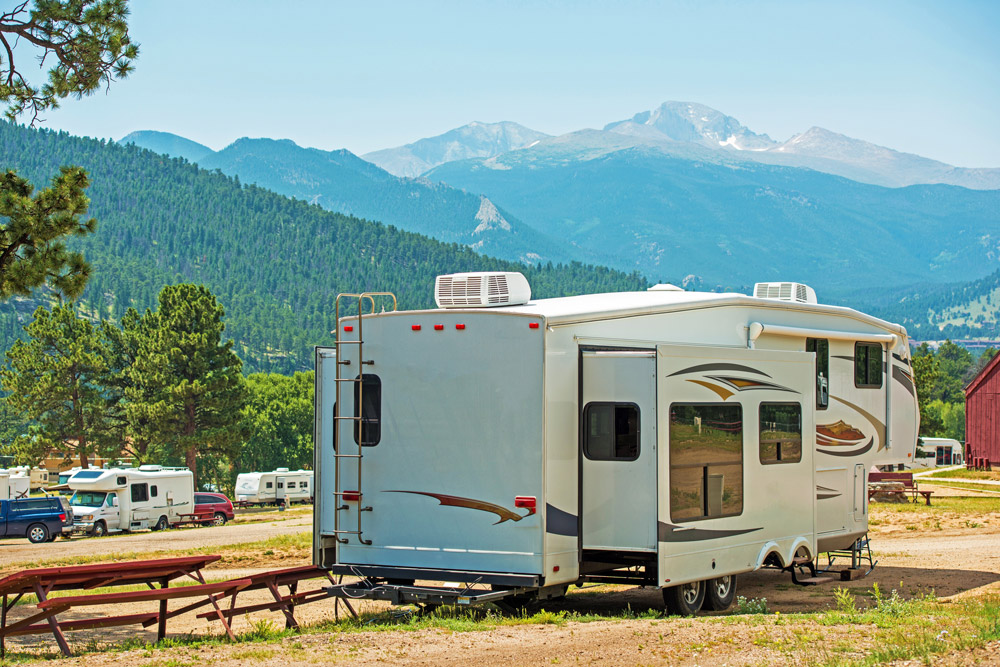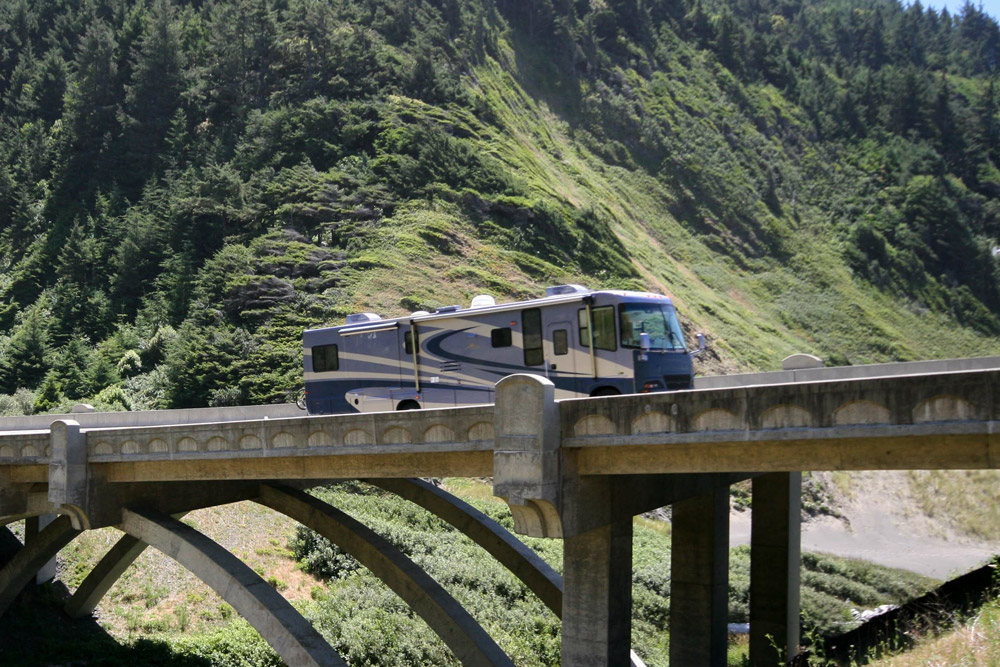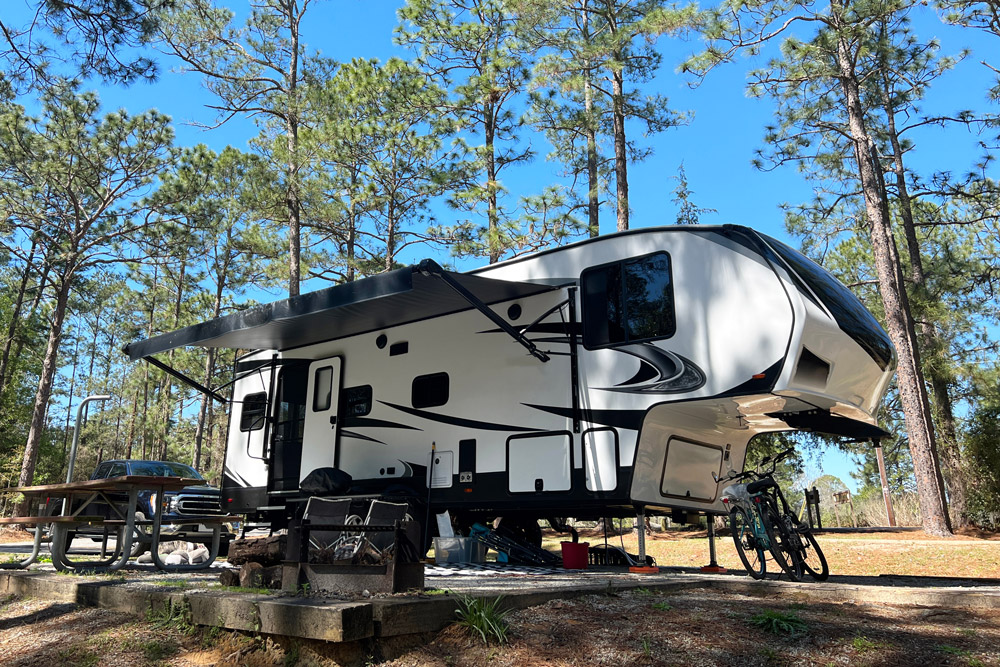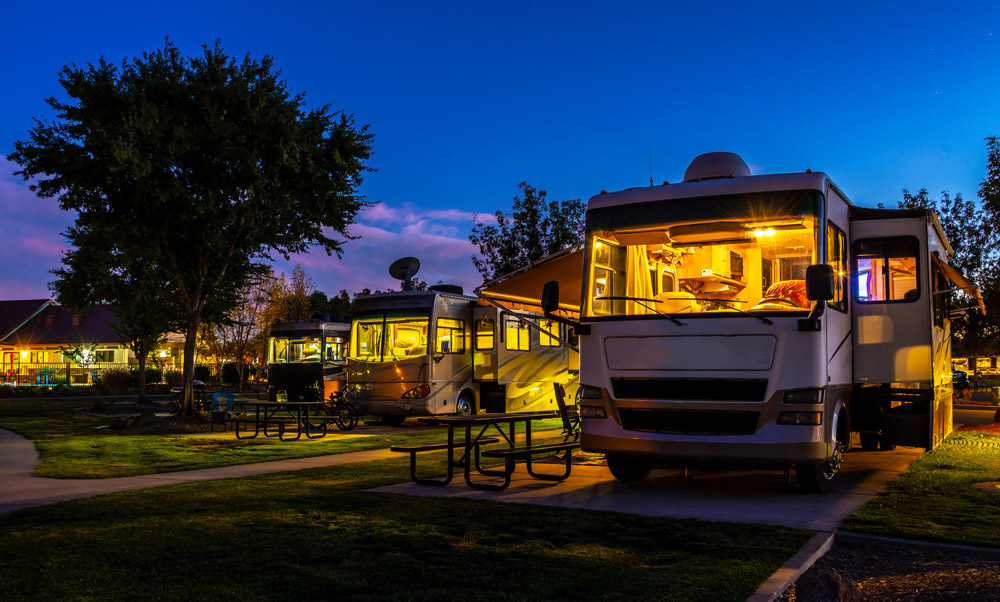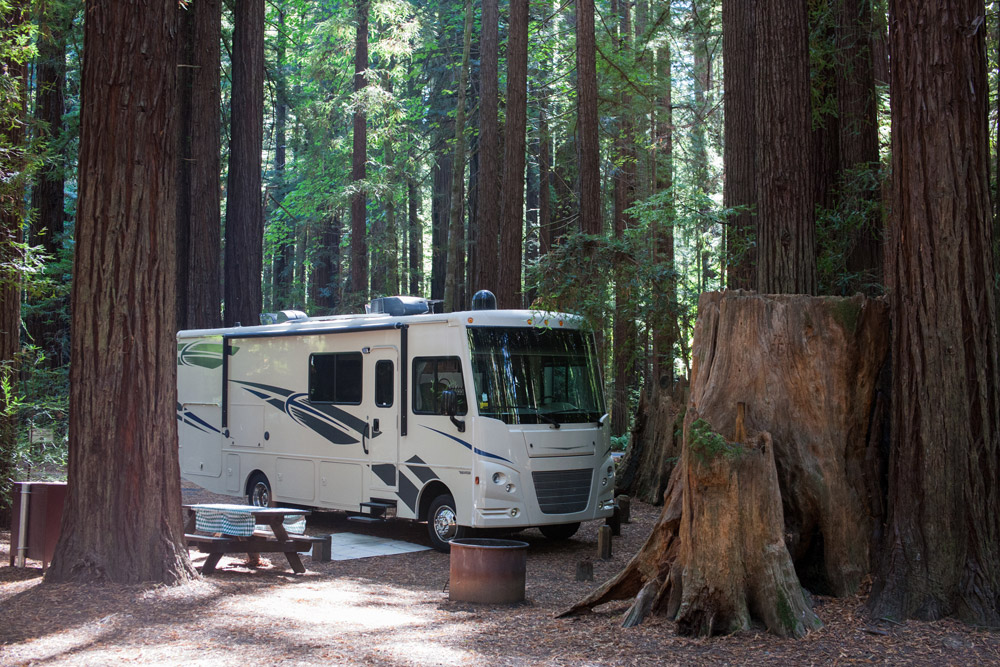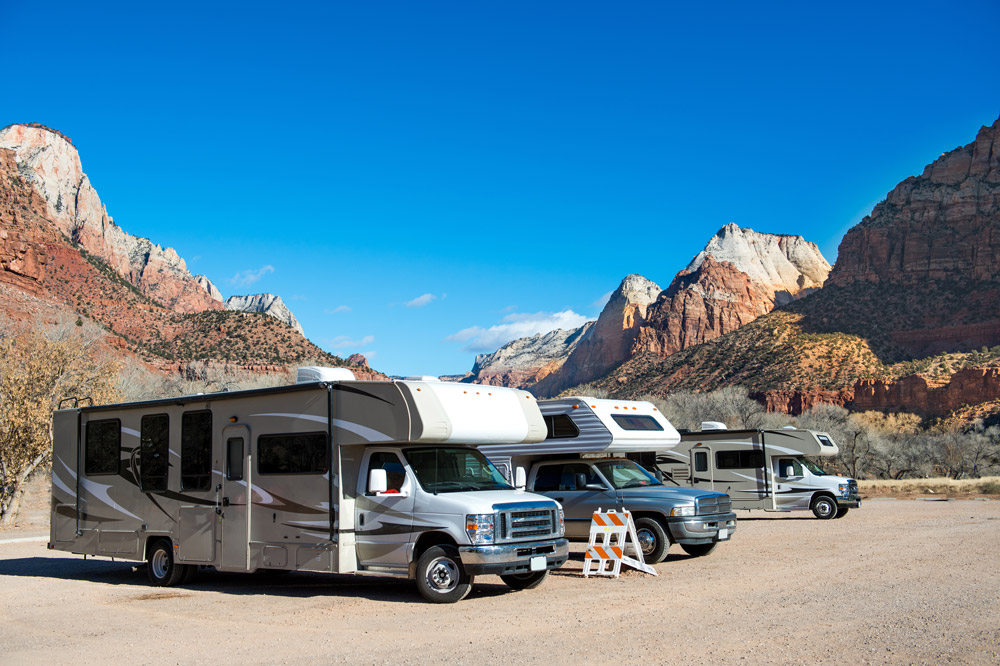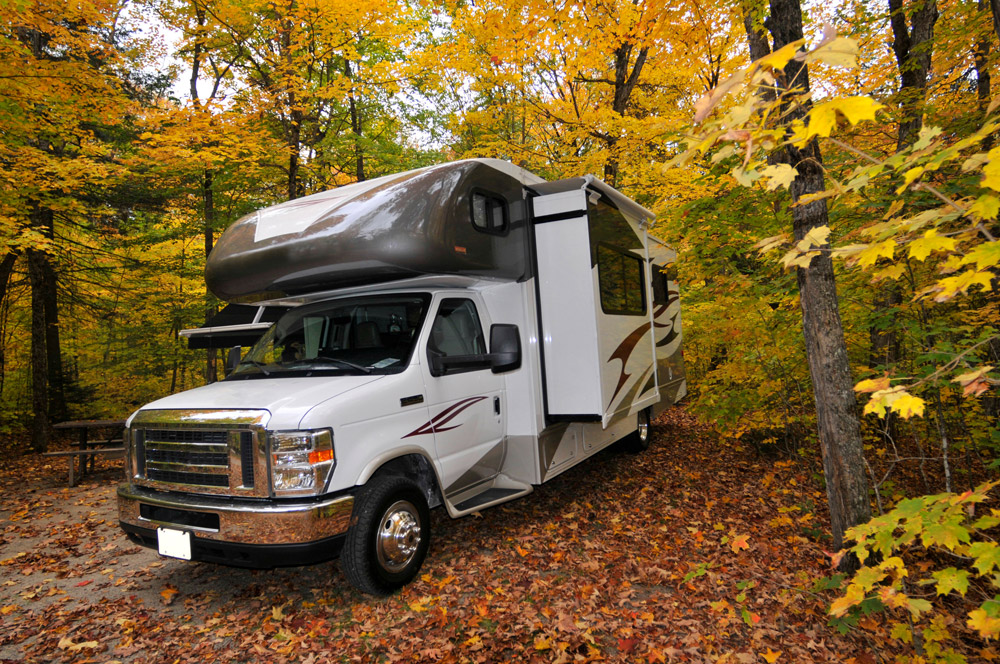
First Timer’s Guide to RV Travel Planning
RV travel is a great way to see the country and experience the freedom of the open road. The most enjoyable and stress-free trips start with good RV travel planning. However, planning an RV trip can be a bit overwhelming, especially for first-time travelers. In this blog, we will provide you with some tips to help you plan the perfect RV trip.
Tips for RV Travel Planning
Choose & Prepare Your RV
When it comes to RV travel planning, the first consideration is the RV! There are several types of RVs to choose from, including travel trailers, fifth-wheels, and motorhomes. Each type of RV has its own advantages and disadvantages, so be sure to do your research and choose the one that is right for you. We have many resources on our blog about how to decide, such as this blog that compares Class A vs. Class C motorhomes. Some factors to consider when choosing an RV include the number of people traveling with you, your budget, and the type of trip you are taking.
And, if you already have an RV, another important step is RV maintenance. At Courvelle’s we have a fully equipped RV service & repair center. Our technicians can handle your maintenance repairs, interior or exterior upgrades, warranty work and insurance claims. Preventative maintenance is vital in keeping your RV in top shape and will give you confidence during your RV trip.
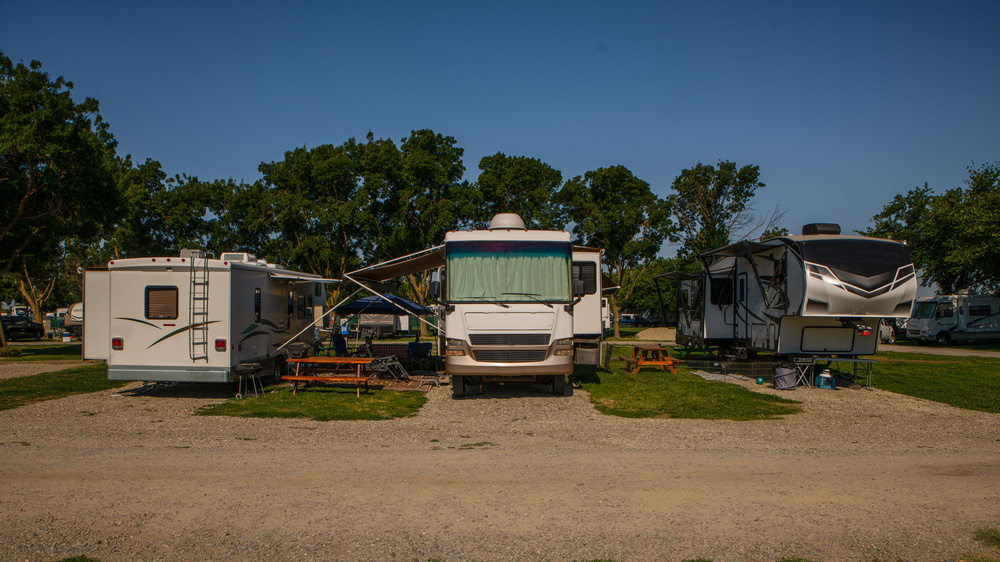
Determine Your Budget
The next step in RV travel planning is determining your budget. This includes the cost of fuel, campground fees, activities, and any other expenses you may incur during your trip. To get a rough estimate of the cost of your trip, start by looking at campground prices and tickets for any activities you are interested in experiencing. Next, estimate how much you expect to spend on fuel based in the distance, as well as food, and other expenses. Do you intend to cook in the RV or eat out while you travel? You can also check websites such as National Park Service or KOA to get an idea of campground fees and availability in the areas you plan to visit.
Decide on Your Destination
Once you have a budget in place, the next step is to decide on your destination. There are countless RV destinations to choose from, so take some time to research and select the one that is right for you. Some popular RV destinations include national parks, scenic drives, and major cities. You can also consider visiting friends or family members along the way or taking a trip to a specific event or festival.
Plan Your Route
Now that you have established your budget and have a destination in mind, it’s time to plan your route. You can use websites such as Google Maps or RV Trip Wizard to plan your route and find the best places to stop along the way. The journey is just as important as the destination so planning out fun detours is essential to RV travel planning. Keep in mind that RVs are larger than regular cars and certain roads or bridges may not be accessible. Hence, be sure to take this into consideration when planning your route.

Book Your Campgrounds
Once you have a route mapped out, the next thing to check off your RV travel planning list is reservations. You’ll want to book your campgrounds in advance to ensure availability. This is especially important during peak travel season, as campgrounds can fill up quickly. You can usually book campgrounds online or by calling the campground directly. Booking your campgrounds in advance will ensure that you have a place to stay during your trip. Additionally, this will help you coordinate with family and friends and find local events.
Pack Smart
Now that you’ve chosen your RV, destination, route, and campground, it’s time to pack. But before you hit the road, think about what activities you are doing and be sure to pack smart. Make a list of all the items you need for your trip, including food, clothing, bedding, and other essentials. Keep in mind that space is limited in an RV, so be sure to pack only what you need. You can also bring along bicycles, kayaks, or other outdoor gear to make the most of your time at each destination.
Prepare for Emergencies
Finally, it’s important to plan for the unexpected. So, prepare for emergencies while on the road by having money budgeted for unforeseen circumstances and packing extra safety and security items. Make sure you have a first-aid kit, fire extinguisher, and emergency road kit in your RV. You should also bring along a map of the area and a phone charger, in case you need to make a call for help. Additionally, if you are travelling to a cold destination, it is a good idea to bring extra blankets. And if you’re planning to camp remotely, take precautions and bring extra water and canned food. Lastly, if you’re planning to stay in the wilderness, pack bear spray and take other precautions contingent on the area.
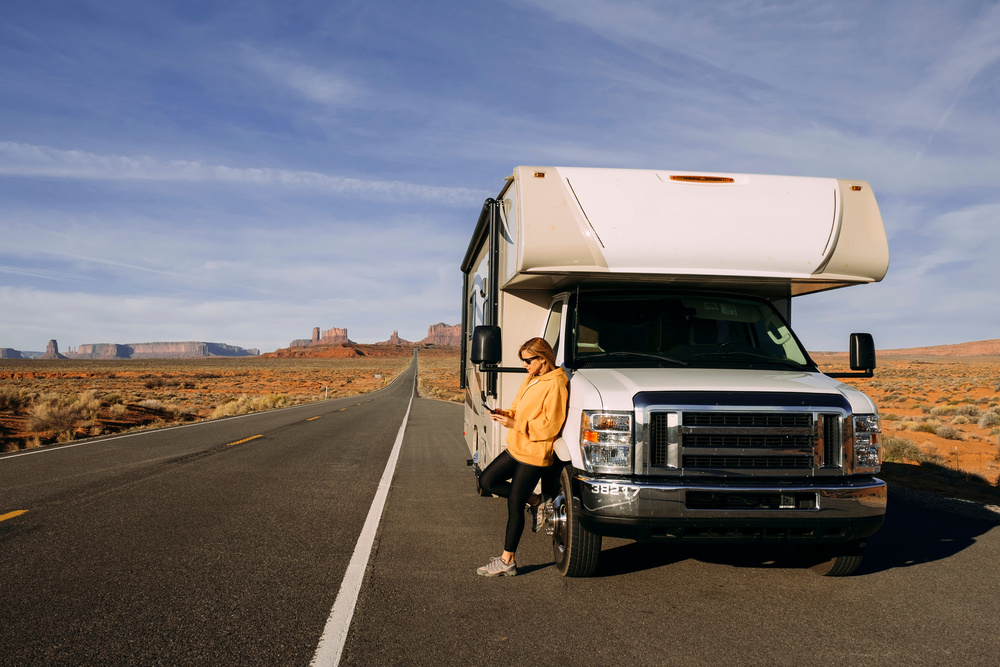
Where will you plan to go next?
In conclusion, RV travel is a great way to see the country and experience the freedom of the open road. With the right planning, you can have an unforgettable trip that you will cherish for years to come.
So, if you’re ready to start your RV travel planning, let the experts at Courvelle’s help you! Whether you are looking to upgrade your current camper or do some maintenance on it, we have you covered. At Courvelle’s we have new and used RVs for sale in Opelousas, LA. Our expert sales team is ready to help you get the new RV or used RV that you have been dreaming about! Give us a call today and then you can get started planning your next trip!



